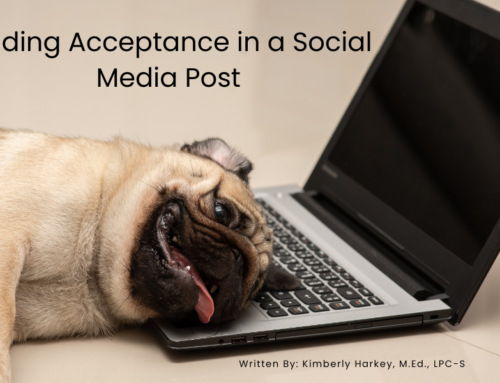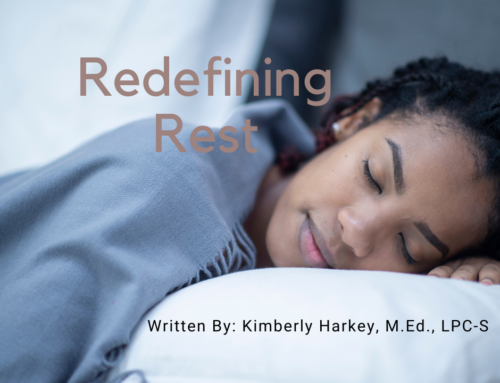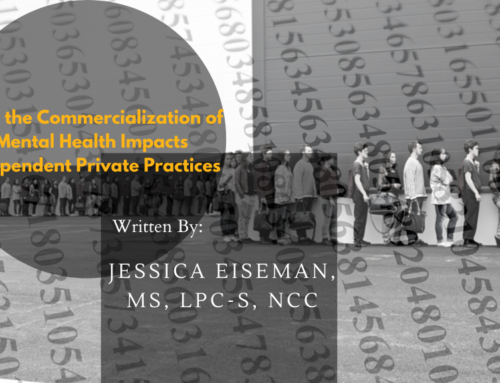The Anxiety Series: What Is Anxiety & Do I Have It?
Written by Sanna Khoja, M.Ed., LPC
How many of y’all have searched the following on Google:
-
- What is anxiety
- How to relieve stress
- Symptoms of anxiety attack
- How to reduce anxiety
- Why am I anxious all the time
- Why is my heart beating so fast
- Why can’t I fall asleep
Well, I’m here to tell you that you are not alone. According to ADAA, anxiety disorders are very common and affect 18.1% of adults in the United States. Anxiety presents differently for everyone. Some people feel nervous about the future while others feel worried of what others may think of them. Anxiety shows up as both physical and mental symptoms.
Symptoms of Anxiety
- Increased heart rate
- Muscle tension
- Difficulty falling asleep or staying asleep
- Being easily fatigued
- Nausea
- Shaking
- Sweating
- Feeling shortness of breath
- Restlessness
- Difficulty focusing
- Irritability
- Uncontrollable worry
- Racing thoughts
- Feeling of impending doom
- Depersonalization
This list is not exhaustive, and there are many other symptoms that you may experience. These symptoms may sound familiar to many of you, and that may cause worrisome thoughts. First, I want you to know that everyone feels anxious at many points in their daily lives. Anxiety is not the enemy. It is a human emotion that allows us to function and survive. A little bit of anxiety helps us perform when we’re taking an exam or giving a presentation. It is certainly helping me write this blog! It is the reason human beings have survived for so many centuries!
So I Have Anxiety…What Now?
Some of you may already have ways to cope with your anxiety. Others may be worried about what to do about it. I want you to give yourself a minute to think about how you react in anxiety provoking situations. That is most likely your current coping mechanism. Is what you’re doing helping you or keeping you in a cycle of anxious thoughts? Is your anxiety keeping you from functioning in your daily life? Is it negatively affecting your relationships, work, education, etc.? Maybe it’s time to talk to a therapist. Therapy can help with managing your worries by using different evidence-based practices to accept your feelings, rationalize your thoughts, and increase positive coping skills. It can also help with recognizing whether your lifestyle is impacting your mental health. Your therapist may suggest changes in your caffeine intake, sleep hygiene, and exercise routine.
In future posts, we’ll discuss causes of anxiety, types of anxiety, mindfulness, coping techniques and more!
About Sanna:
Sanna Khoja, M.Ed., LPC is a therapist in Houston, TX. She specializes in anxiety-based issues including social anxiety, PTSD, and OCD. Sanna enjoys working with young adults who struggle with perfectionism, life transitions, identity, and self-esteem. Catch her posts every week on Instagram and Facebook where she leads conversations on holistic transformation of the mind, body, and soul. #TuesdaysWithSanna #TransformationTuesdays
References:
Diagnostic and statistical manual of mental disorders: DSM-5. (5th ed.). (2013). Washington, D.C.: American Psychiatric Association.
Facts and statistics. (n.d.). Retrieved from https://adaa.org/about-adaa/press-room/facts-statistics




